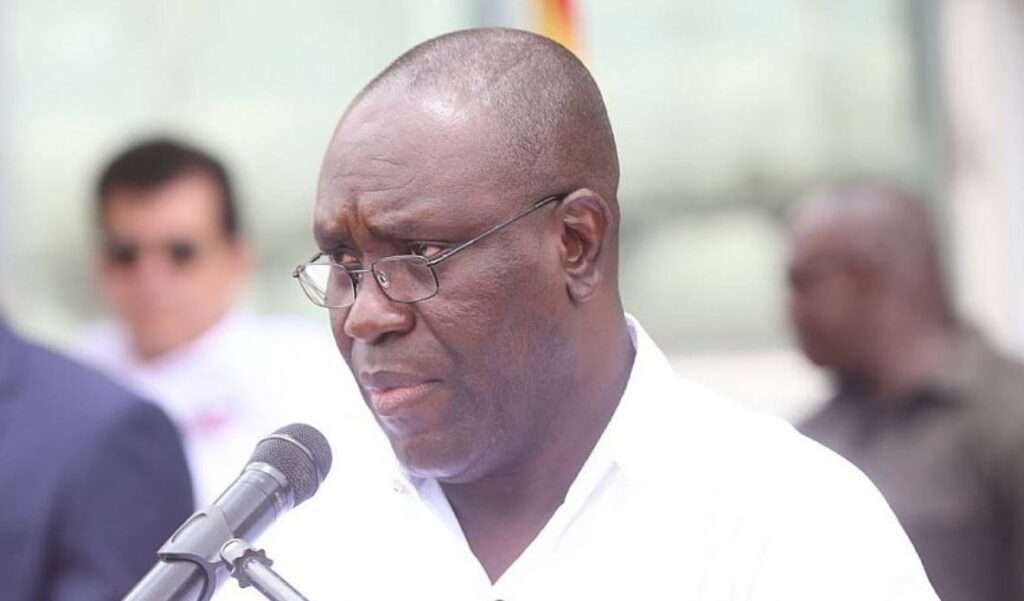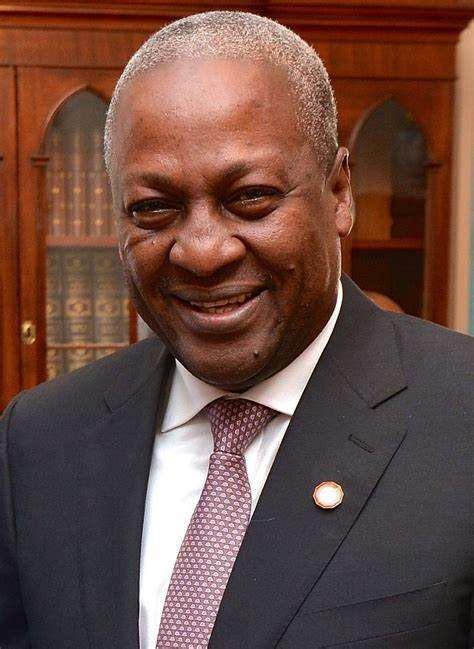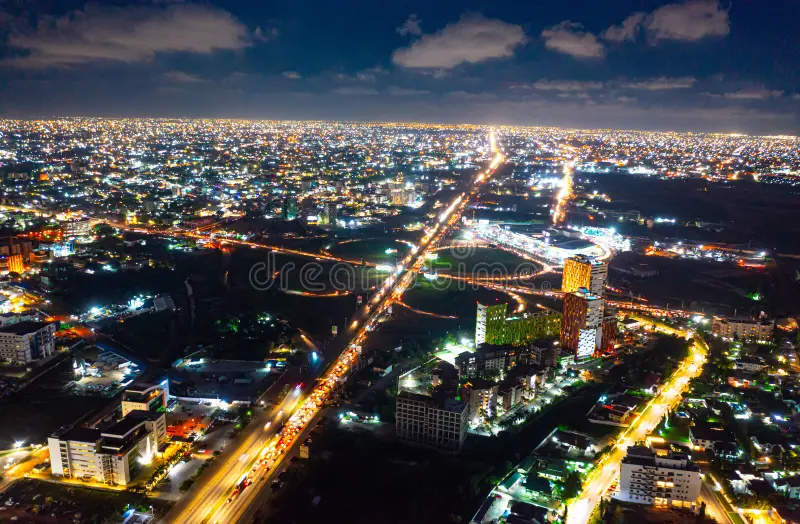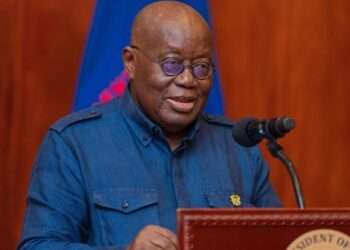The Secretary General of the Ghana Trades Union Congress (TUC), Dr. Anthony Yaw Baah, has praised what he calls the “game changer” policy proposed by former President John Dramani Mahama to address the issue of unemployment among the youth.
The National Democratic Congress (NDC) flagbearer met with officials of the country’s largest workers’ union on Tuesday, November 7, 2023, marking the beginning of his engagement with key stakeholders in a quest to return to power.
This initiative, known as the ‘Building Ghana Tour,’ aims to inform stakeholders about the policies that the next NDC administration plans to implement to transform the Ghanaian economy. During this engagement, Mr. Mahama proposed the concept of a 24-hour economy, which would involve workers participating in a three-shift system.

Dr. Yaw Baah, the Secretary General of TUC, expressed his eagerness and interest in this innovative idea. He highlighted the potential for job creation and called it a “game-changer.” He noted that a 24-hour economy would provide ample opportunities for people to work during various shifts, significantly increasing employment prospects in the country. He urged the youth to prepare for these potential jobs as part of the NDC’s policy plan ahead of the 2024 elections.
The TUC also took the opportunity to present its manifesto to the former president, demonstrating its readiness to engage with the NDC on these policy proposals.
Former President Mahama expressed regret that the NDC was often the lone voice advocating for better conditions for Ghanaians during the Akufo-Addo-led administration. He emphasized the importance of holding the government accountable and standing up for the voiceless in society.
Probes Of Promises
To effectively implement the proposed 24-hour economy, Ghana must consider several critical factors.
This multifaceted approach involves infrastructure development, policy frameworks, and community engagement. With the right strategy, strong commitment from stakeholders, and effective implementation, Ghana can establish a thriving 24-hour economy that spurs growth, generates employment opportunities, and enhances overall development.
Infrastructure development is a vital starting point. It requires investment in robust infrastructure that can support round-the-clock economic activities. This includes ensuring a consistent and uninterrupted power supply, improving transportation networks, and enhancing telecommunications and internet connectivity. Reliable infrastructure is essential to facilitate the seamless operation of businesses and services throughout the day and night.

Closely imperative is engaging with local communities to address concerns related to increased nighttime activities as vital. Implementing comprehensive safety measures, including increased police patrols, proper lighting in public areas, and the establishment of community watch programs, can help create a secure environment for both businesses and residents.
To encourage businesses to operate beyond regular hours, the government should formulate policies that provide incentives, such as tax breaks or subsidies, for enterprises engaged in nighttime operations. Streamlining bureaucratic processes and licensing procedures can also facilitate the establishment and operation of 24-hour businesses. Creating a supportive regulatory environment that addresses safety and security concerns is imperative for fostering a conducive atmosphere for businesses and consumers.
Promoting a vibrant nightlife and entertainment culture is crucial for sustaining a 24-hour economy. Developing entertainment districts, cultural events, and recreational facilities that cater to diverse preferences can help in this regard. Encouraging the establishment of restaurants, cafes, and entertainment venues that cater to night owls can contribute to a thriving nocturnal economy. However, Ghana’s traditions which forbids the night life subtly might be the greatest hurdle here.
Efficient workforce management strategies are essential to ensure the well-being and productivity of employees working during non-traditional hours. Providing transportation options for workers during late-night shifts, ensuring workplace safety, and offering competitive compensation packages are critical for retaining a skilled and motivated workforce.
Promoting the adoption of technology and e-commerce platforms is another key element of a successful 24-hour economy. This involves encouraging online shopping, digital payment systems, and e-commerce infrastructure that enable businesses to operate seamlessly at any hour. Investing in technological advancements can significantly enhance the efficiency and accessibility of goods and services, contributing to the success of a 24-hour economy.
Regular monitoring and evaluation of the 24-hour economy initiative are essential to assess its impact and identify areas for improvement. This involves tracking key performance indicators, gathering feedback from stakeholders, and making necessary adjustments to policies and strategies to ensure the sustained growth and success of the program.
In conclusion, establishing and maintaining a 24-hour economy in Ghana demands a comprehensive and integrated approach that focuses on infrastructure development, policy frameworks, community engagement, and technological advancements.
This innovative policy proposal by former President John Dramani Mahama has the potential to be a game-changer for addressing youth unemployment and driving Ghana’s economic development forward.
Notwithstanding, for a country that has a track record of fire trucks arriving at burning properties without “water”, the promise needs more probes than headlines.
READ ALSO: Former NPP Chairman Expresses Worry Over DMB’s 61%




















